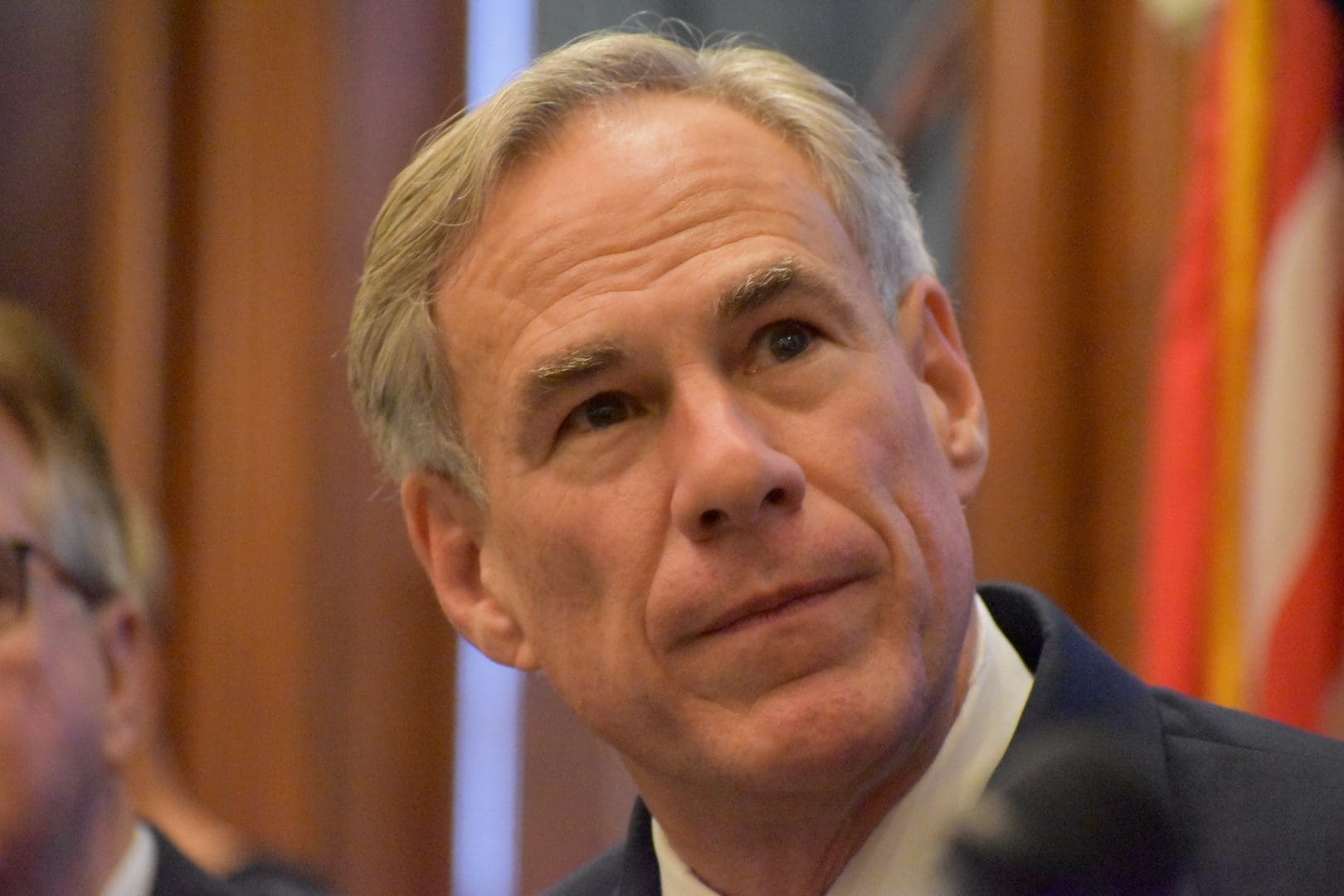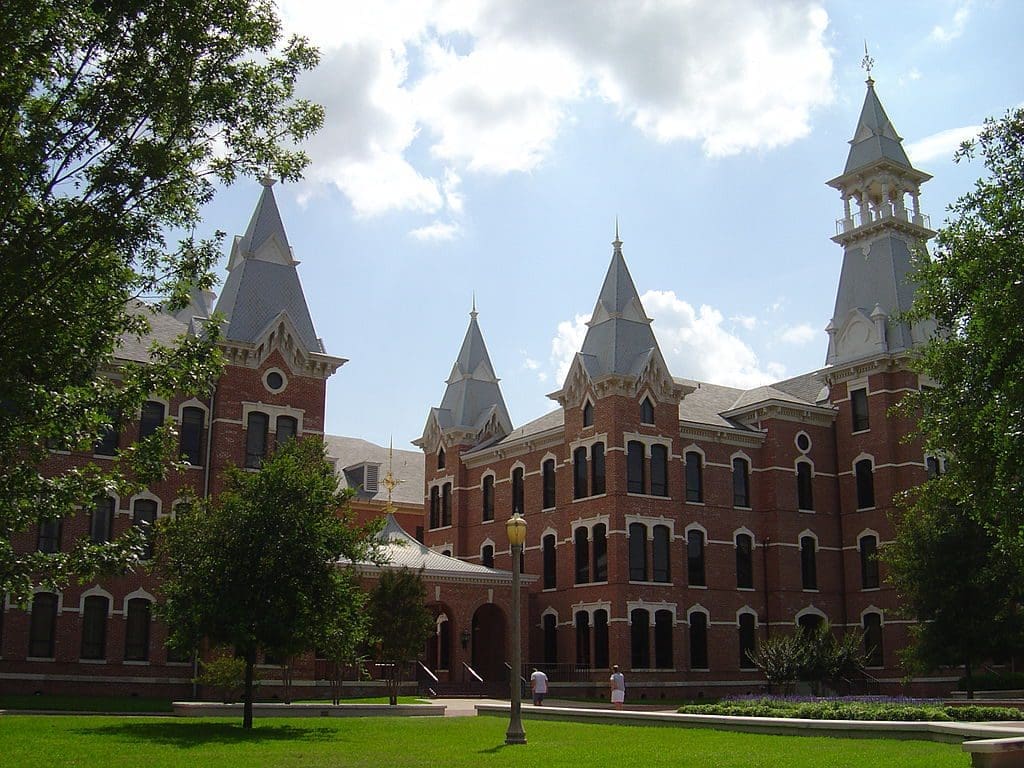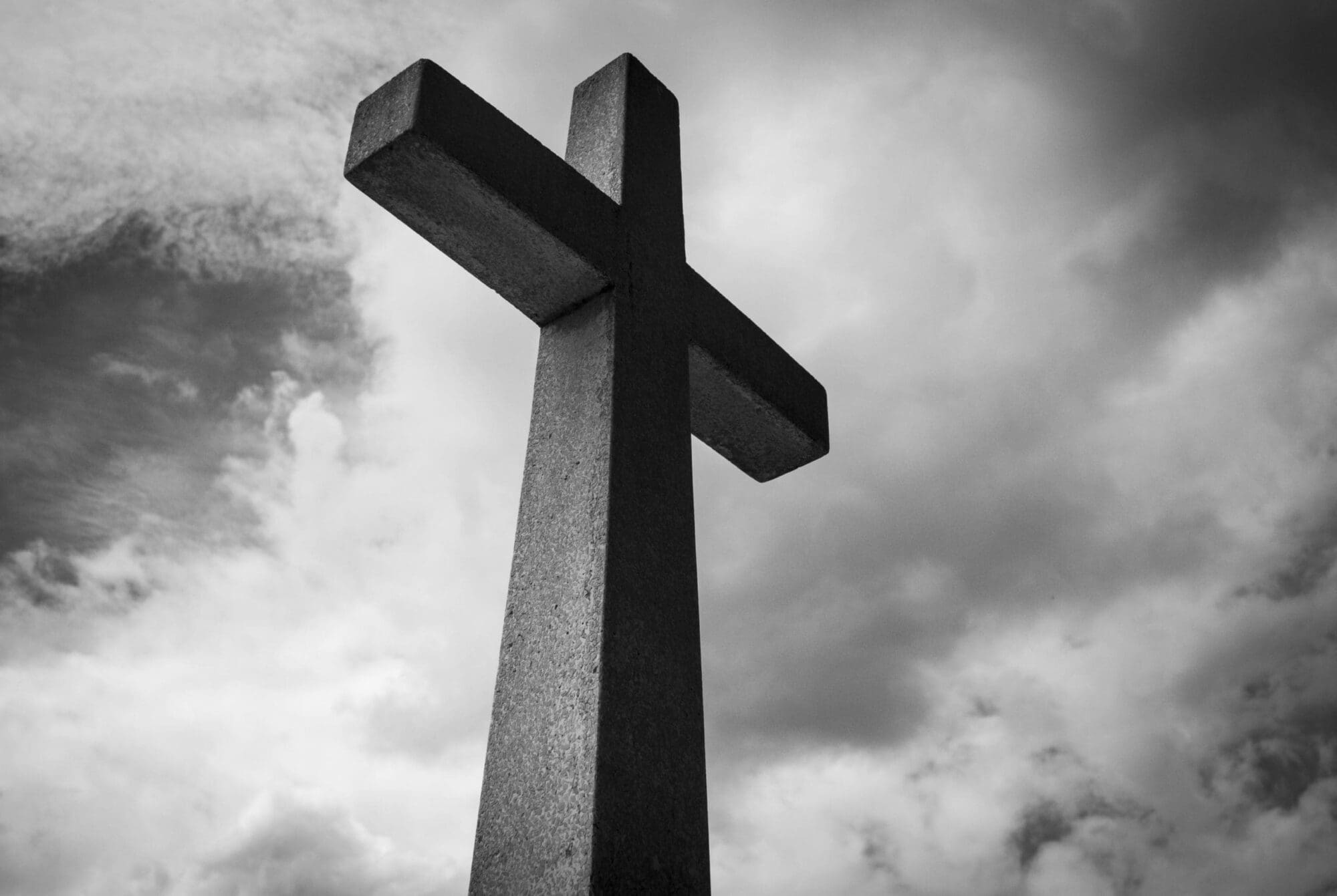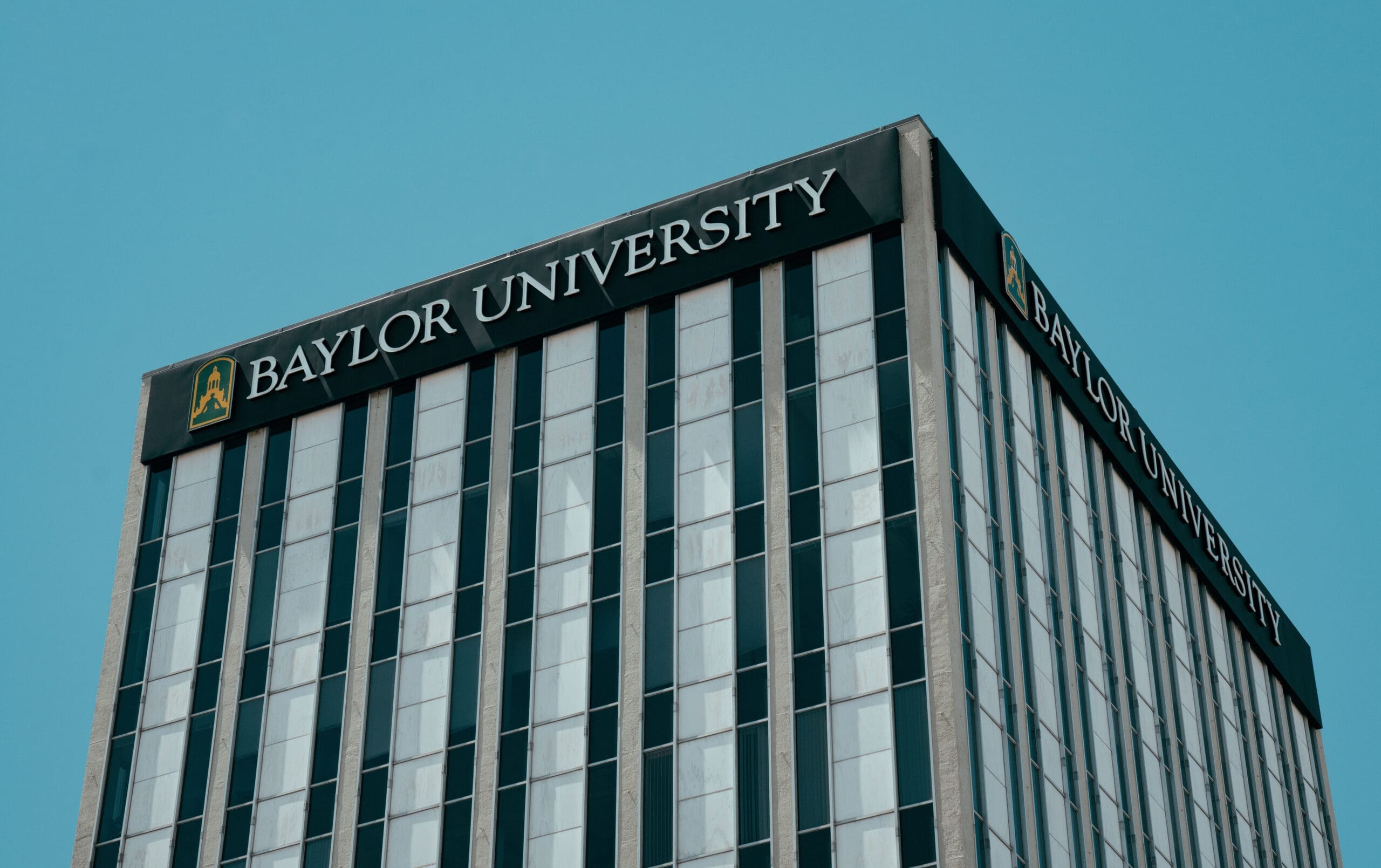Gov. Greg Abbott ordered public universities and colleges to update free speech policies to include punishments for antisemitic rhetoric on campuses.
Abbott’s executive order addresses the rise in antisemitism on university campuses following the October 7 terrorist attacks by Hamas on the state of Israel that left over 1,200 innocent civilians dead—including approximately 30 Americans.
Among its other provisions, the order directs all public higher education institutions within Texas to do the following:
- Review and update free speech policies to address the sharp rise in antisemitic speech and acts on university campuses and establish appropriate punishments, including expulsion from the institution.
- Ensure that these policies are being enforced on campuses and that groups such as the Palestine Solidarity Committee and Students for Justice in Palestine are disciplined for violating these policies.
- Include the definition of antisemitism, adopted by the State of Texas in Section 448.001 of the Texas Government Code, in university free speech policies to guide university personnel and students on what constitutes antisemitic speech.
Additionally, the chair of the board of regents for each state university system will be required to report all progress toward these directives to the Office of the Governor within 90 days of the order.
The reports are to include documentation verifying speech policy updates and enforcement protocols on campuses.
“Antisemitism is never acceptable in Texas, and we will do everything we can to fight it,” said Abbott in a press release.
“The State of Texas stands with Israel and the Jewish community, and we must escalate our efforts to protect against antisemitism at Texas colleges and universities and across our state,” Abbott continued.
However, some are worried that the Governor’s crackdown on antisemitic rhetoric might be targeting the wrong aspect of antisemitism on campuses.
For example, a senior fellow at the Manhattan Institute, Christopher Rufo posted on X yesterday, asking, “How is such a policy different from DEI programs promising to prohibit ‘anti-black speech’? And why not include ‘anti-white speech,’ which, as I have shown in my reporting, is institutionalized at University of Texas? What is the rationale for one, but not the others?
“The problem, to me, seems to be conduct, rather than speech: shutting down speakers, threatening students, mobilizing mobs, calling for violence—all of which can be regulated as prohibited conduct, with a universal, rather than particular, policy,” added Rufo.
Rufo concluded by saying a better solution would be to provide simple, clear speech and policy rules that apply equally to all groups on college campuses.
No ads. No paywalls. No government grants. No corporate masters.
Just real news for real Texans.
Support Texas Scorecard to keep it that way!





